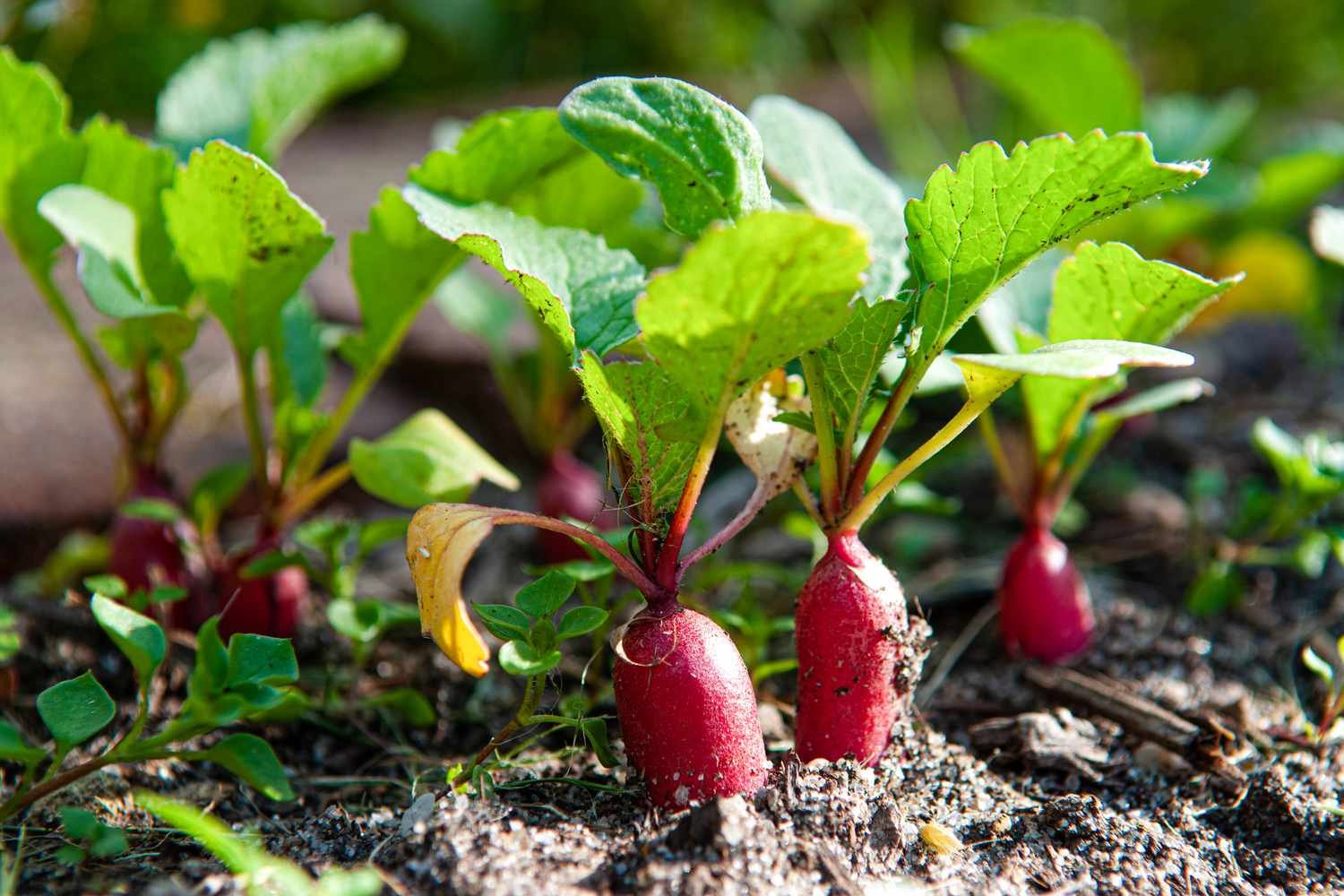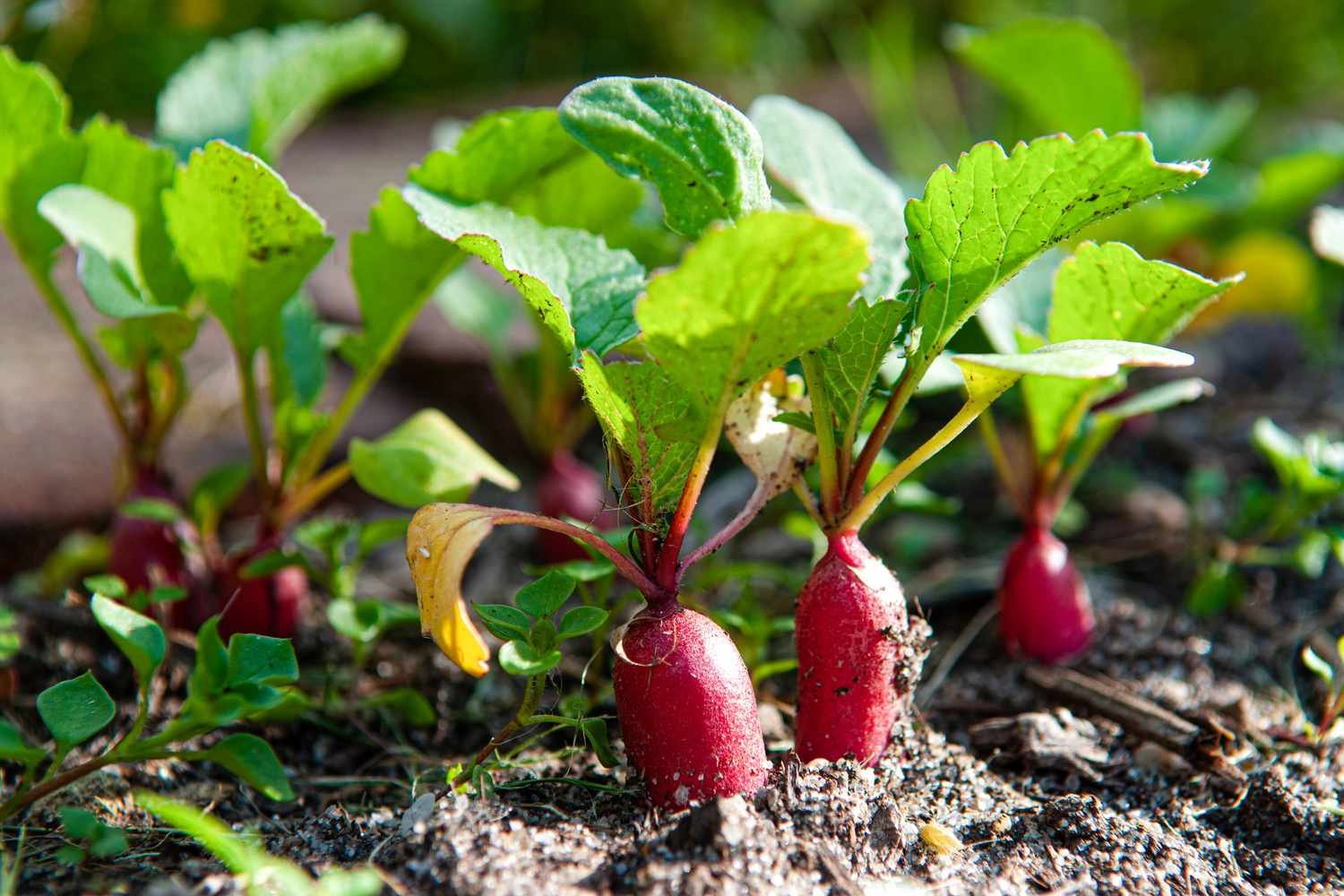Companion planting is a strategy that involves pairing plants together to benefit each other’s growth, deter pests, and improve overall yield. When it comes to tomatoes, selecting the right companion plants can boost their health, flavor, and resilience against pests. Here’s a detailed guide to the best companion plants that will complement your tomato garden and enhance your harvest.

Basil (Ocimum basilicum)
Basil is one of the most popular companion plants for tomatoes, and for good reason. Its strong scent helps repel pests like aphids, mosquitoes, and tomato hornworms. Planting basil near tomatoes can improve their flavor and vigor. Basil prefers warm, sunny locations with well-drained soil, making it an ideal companion in both garden beds and containers.
Marigolds (Tagetes spp.)
Marigolds are known for their ability to repel nematodes, which can damage tomato roots. Their vibrant flowers also attract beneficial insects like ladybugs and hoverflies, which prey on aphids and other pests. Plant marigolds around tomato plants as a border or intersperse them throughout the garden to deter harmful insects and support pollinators.
Nasturtiums (Tropaeolum majus)
Nasturtiums are edible flowers that not only add beauty to your garden but also act as a natural pest repellent. They deter aphids, whiteflies, and squash bugs, which can affect tomato plants. Nasturtiums thrive in sunny locations with well-drained soil and can be planted in pots or directly in the ground near tomatoes to enhance pest control and attract pollinators.
Borage (Borago officinalis)
Borage is a herbaceous annual with attractive blue star-shaped flowers that attract bees for pollination. It repels tomato hornworms and improves the overall health of tomato plants. Borage prefers full sun but can tolerate partial shade and enriches the soil with nutrients through its deep taproot. Plant borage near tomatoes to enhance growth and deter pests naturally.
Chives (Allium schoenoprasum)
Chives are easy-to-grow herbs with onion-flavored foliage and purple globe-shaped flowers. They deter aphids and improve the flavor of tomatoes when planted nearby. Chives thrive in sunny to partially shaded locations and are suitable for growing in containers or garden beds. Snip chives regularly for culinary use while benefiting your tomato plants.
Carrots (Daucus carota)
Carrots make excellent companion plants for tomatoes as they have shallow roots that complement the deeper root systems of tomato plants. Interplanting carrots with tomatoes helps maximize garden space and improves soil structure. Carrots prefer loose, well-drained soil and benefit from consistent moisture. Avoid overcrowding to allow both plants to thrive.
Conclusion
Companion planting with basil, marigolds, nasturtiums, borage, chives, and carrots can significantly benefit your tomato garden by improving pest resistance, enhancing flavor, and maximizing space utilization. These companion plants not only deter pests but also attract beneficial insects and support overall garden health. Experiment with different combinations and enjoy a thriving tomato garden that yields abundant and delicious fruits. Incorporate these companion plants into your gardening strategy to create a harmonious and productive garden that showcases the synergy of nature. Happy gardening!











